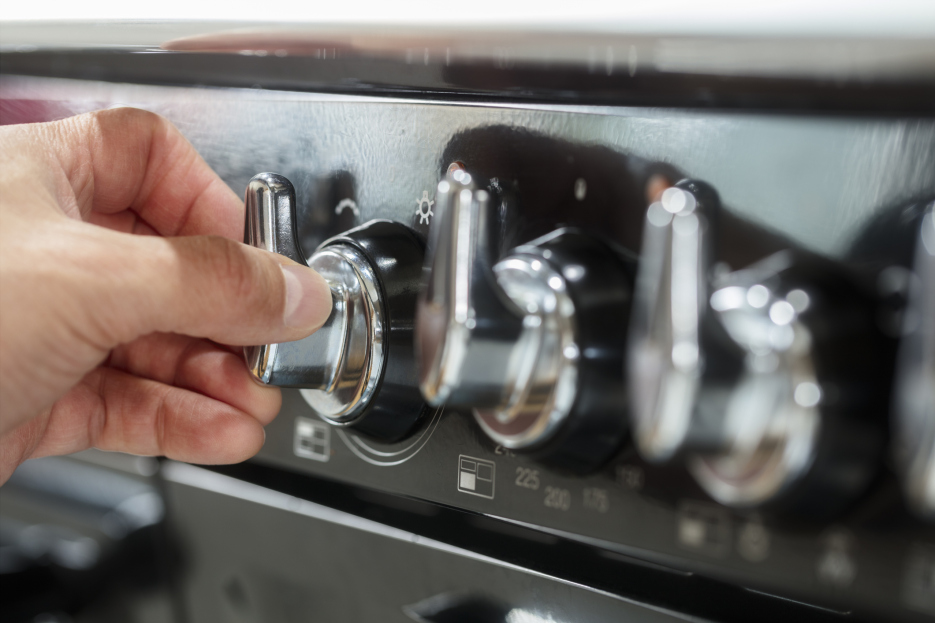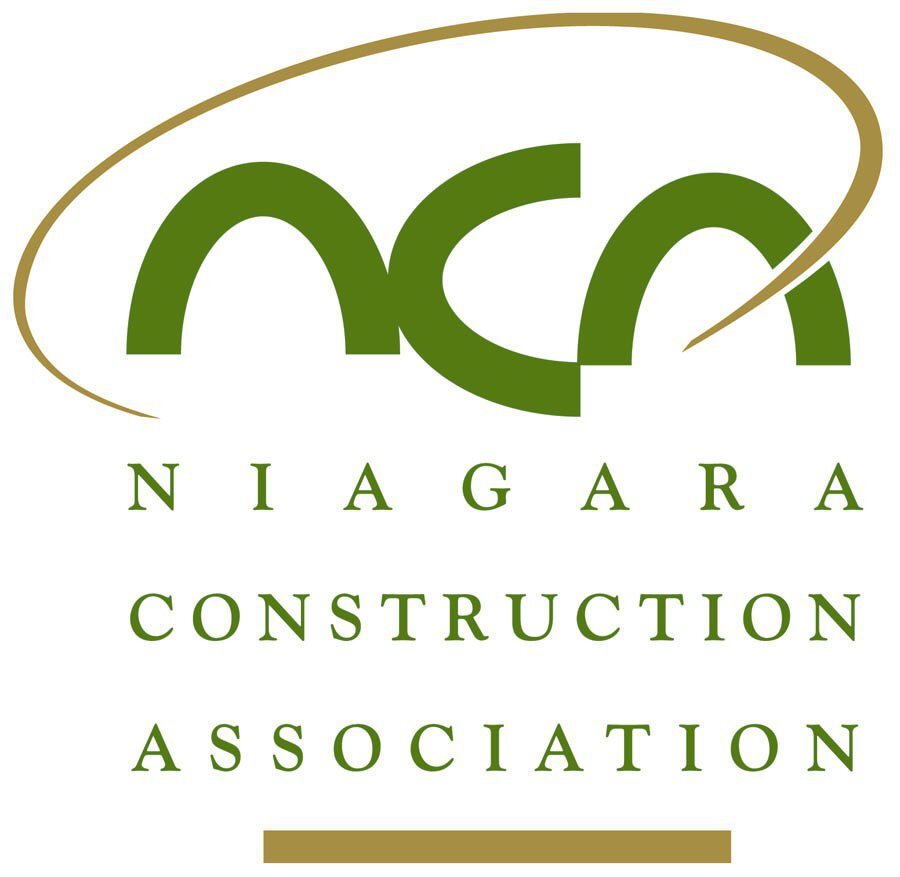
Gas or Electric Appliances—Which Are Right for Your Home?
Which is better—gas or electric? Well, that’s a complicated answer…
Most appliances are powered by electricity or gas. Deciding which is most suitable to your lifestyle, however, can be complicated. While many of us automatically default to what we’re used to, there are immense benefits to stepping back and asking ourselves whether or not these options are actually the best for our needs.
There are a whole host of factors to consider when weighing one option over another. In this blog, we break down some of the pros and cons of each so that you can make an informed decision that will be best for your family in the long term. So, without further ado—let’s get started!
The question on everyone’s mind—which is cheaper?
This question is not as straightforward as it might seem. While costs can vary from region to region, natural gas is usually the more affordable option in the long run. Despite higher up-front costs for gas appliances, research shows that switching to gas can save as much as 30 percent annually on your utility bills—if your home is already equipped with the proper infrastructure, that is.
Converting a home to gas can be a costly endeavour. According to HomeGuide, the average cost to retrofit your home for gas is between $355 and $743 per line, while complex jobs can run upwards of $1000. But don’t fret—some energy companies like Enbridge offer a rebate of up to $5000 as an incentive to improve your home’s energy efficiency!
To learn more about the incentives currently available to you, we recommend contacting your service provider.
What about efficiency?
When it comes to efficiency, gas trumps electricity. Gas heats up faster and more efficiently than electric. Research shows that it takes roughly three times as much energy to produce and deliver electricity to your stove. This is because most electricity is produced using techniques that are only 30% effective. Furthermore, gas units operate more efficiently in cold temperatures because they can reach higher overall temperatures than electric units.
With that being said, the piping infrastructure required to deliver natural gas is fully developed in all areas of the country, limiting some homeowners to propane, fuel oil, or electric appliances. Entek Corporation reports that electric appliances are often quieter and more durable that their gas counterparts, are quicker and easier to install, and have a longer lifespan—sometimes up to 30 years—compared to the average 10-20 year lifespan of gas appliances.
The Safety Question
Safety is one of the most common deterrents to choosing natural gas. Recent studies have shown an increased level of indoor pollutants, including nitrogen dioxide (NO2), carbon monoxide (CO), and particulate matter (PM), in homes operating natural gas burning stoves and furnaces. Still, natural gas is one of the safest fuels used today.
Natural gas appliances undergo rigorous testing and certification and are governed by an array of standards and codes to ensure the safety and efficiency of their operation. Knowing how to use natural gas safely is crucial to safety and well-being of your family. One of the most efficient ways to do so is to ensure that you have a working carbon monoxide detector.
Carbon monoxide is a colourless, odourless, tasteless gas—sometimes referred to as the “silent killer.” This is because when too much CO accumulates in improperly ventilated spaces or enclosures, your body begins to replace the oxygen in your blood with CO molecules—a phenomenon commonly known as carbon monoxide poisoning.
Carbon monoxide poisoning can be very dangerous, having permanent, lasting effects on your health. But it is easily preventable! Protect yourself and your family by installing and regularly testing carbon monoxide detectors, ensuring fuel-burning appliances and engines are properly ventilated, and using gas appliances only as recommended by the manufacturer.
Additionally, know the signs and symptoms. These include headache, weakness, dizziness, nausea, shortness of beath, confusion, blurred vision, and loss of consciousness. For more information, check out this excellent resource from The Mayo Clinic.
Natural gas smells like rotten eggs or sulphur and is sometimes accompanied by a faint hissing or whistling sound. If you suspect a leak—act fast! Contact your energy provider immediately.
Calling all amateur and professional cooks!
If you’ve ever stepped foot in a professional kitchen, you probably noticed that gas ranges are pretty well the norm. Why is that? Well, as alluded to above, gas burners allow for faster and more precise heat control while cooking, while electric burners can take a long time to heat up and cool down. Moreover, gas burners heat more evenly, making them ideal for cooking with woks or other unusually shaped cookware!
So—what’s the consensus?
There is no right or wrong answer here. It all comes down to your individual lifestyle. While gas appliances are, in many ways, less expensive and more efficient, they can be more costly up front than their electric counterparts. At the same time, electric alternatives are safer and more durable. If you are a cooking enthusiast, gas may be more suited to your lifestyle, while some families with curious little ones may prefer the alternative for safety reasons.
It is important to research your options independently to be sure that you are making an informed decision. When planning your custom home build or renovation, the Impero team is delighted to offer their expertise to find the best solution for you, your family, and your forever home!
Contact us today using our easy online form or give us a call at (905) 262-1887.

.png)


